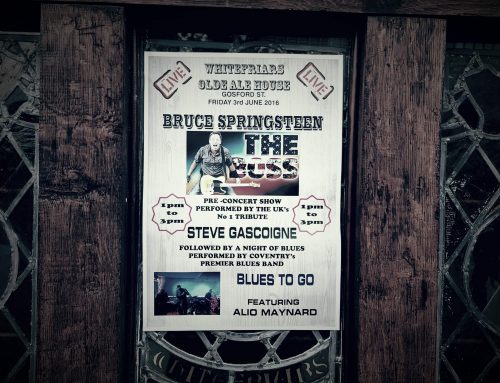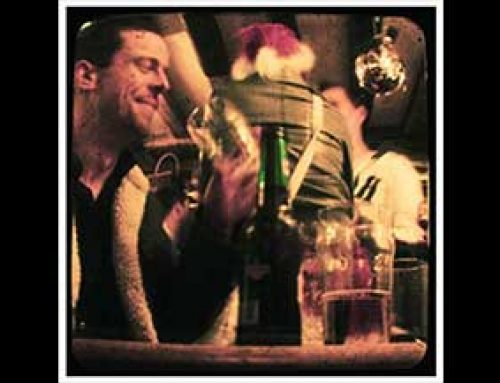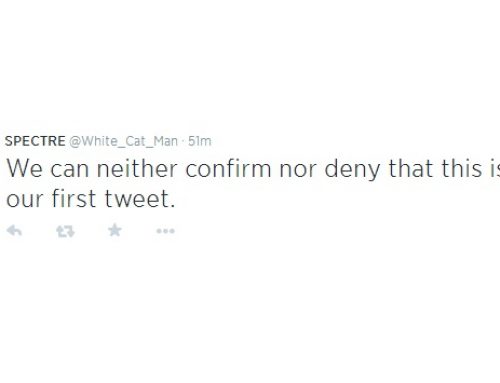Saturday night’s Technical Difficulties show on Rhubarb Radio was fun. Thanks again to Danny, Phil, Rich and Jane for inviting me along. It’s available to listen again, and you can do so by clicking this:
The theme of the show was Japan, so there was plenty of cool and groovy J-Pop music on the playlist. In case you don’t know, J-Pop – or ジェイポップ, as they say in Japan – is a term used to describe popular music of Japanese origin. The ‘J’ stands for Japanese, you see. Of course, I only managed to work this out for myself whilst the show was being broadcast and was too embarrassed to admit my ignorance on air, off-mike or even under my breath. However, I did promise myself to shamelessly shoe-horn it into conversation at the first available opportunity. That’s what I’m doing now.
I considered suggesting a song for the show, but decided against it because a. the song wasn’t Japanese, b. it’s connection to Japan was several strands shy of tenuous and c. in Japanese culture it is considered rude and dishonorable to turn up at a friend’s radio show and start suggesting songs.
The song I had in mind was Guns ‘n’ Roses cover of The Skyliners’ doo-wop classic, Since I Don’t Have You. Now – just to make myself clear – I’ve never much cared for Guns ‘n’ Roses, but I do like this song and it does have a tenuous connection to the Land of the Rising Sun. A version of the song was used in the cult docudrama, The Adventures of Buckaroo Banzai Across The 8th Dimension. It was sung by Peter Weller who portrayed the eponymous Dr Banzai in the film. As the character’s name sort of strongly implies, he’s supposed to be half-Japanese.
I cribbed this from his Wikipedia entry:
Born in London in 1950, the son of two scientists: Masado Banzai, a brilliant Japanese research physicist whose work in theoretical quantum mechanics is reported to have “rattled” Albert Einstein, and Sandra Willoughby, the daughter of the eccentric Scottish-born Texas mathematician Edward McKay Willoughby. Sandra Willoughby fell in love with Masado Banzai when she was sixteen and married him twelve years later, after becoming an expert in her own right in the field of negative mass propulsion. The couple fled Japan at the outbreak of World War II and eventually settled in Texas. Their son grew up in Colorado and Arizona and was named “Buckaroo” because of his father’s love for the American West.
In 1946 Masado Banzai and Sandra Willoughby joined forces with Masado’s old friend and colleague, Professor Toichi Hikita, who shared their belief that one day man would be able to pass unharmed through solid matter. Their researches culminated in 1955 in the Texas desert, when Dr. Banzai took the controls of a jet car equipped with an early version of the Oscillation Overthruster. But the experiment ended tragically: Buckaroo Banzai’s parents were killed in an explosion (caused by sabotage planned by criminal mastermind Hanoi Xan) as the five-year-old child looked on. Hikita raised young Buckaroo, using the entire world as his classroom, and the boy grew up to be, among other things, an extraordinarily skilled neurosurgeon.
Dissatisfied with a life devoted exclusively to medicine, Buckaroo Banzai perfected a wide range of skills. He designed and drove high-powered automobiles. He studied bujutsu and particle physics. His skill with a sixgun was reputed to eclipse that of Wyatt Earp. He spoke a dozen languages and wrote songs in all of them. His band, the Hong Kong Cavaliers, was one of the most popular, hard-rocking bar bands in east New Jersey (Buckaroo plays electric guitar and pocket trumpet), though its members (bearing names like Rawhide, Reno, the Swede, Perfect Tommy, Big Norse, and Pecos Bill) were not professional musicians at all, but rather cartographers and botanists, linguists and propellant engineers, an entomologist and an epidemiologist. All of them experts in their fields of endeavor, they were drawn to Buckaroo.
Anyhow, here’s the Since I Don’t Have You scene from The Adventures of Buckaroo Banzai:
And, because this is my blog and I can do this sort of thing on occasion, here’s the film’s closing credit sequence. In my opinion, it’s a thing of beauty that always brings a smile to my face. At the very least, it’s probably the greatest closing credit sequence in the history of film.
As an added bonus, here’s the Buckaroo Banzai-inspred closing march from Wes Anderson’s wonderful The Life Aquatic with Steve Zissou. This always brings a smile to my face, too.
I guess the intangible poetry and emotional charge of people walking together doesn’t work so well on radio.










Leave A Comment